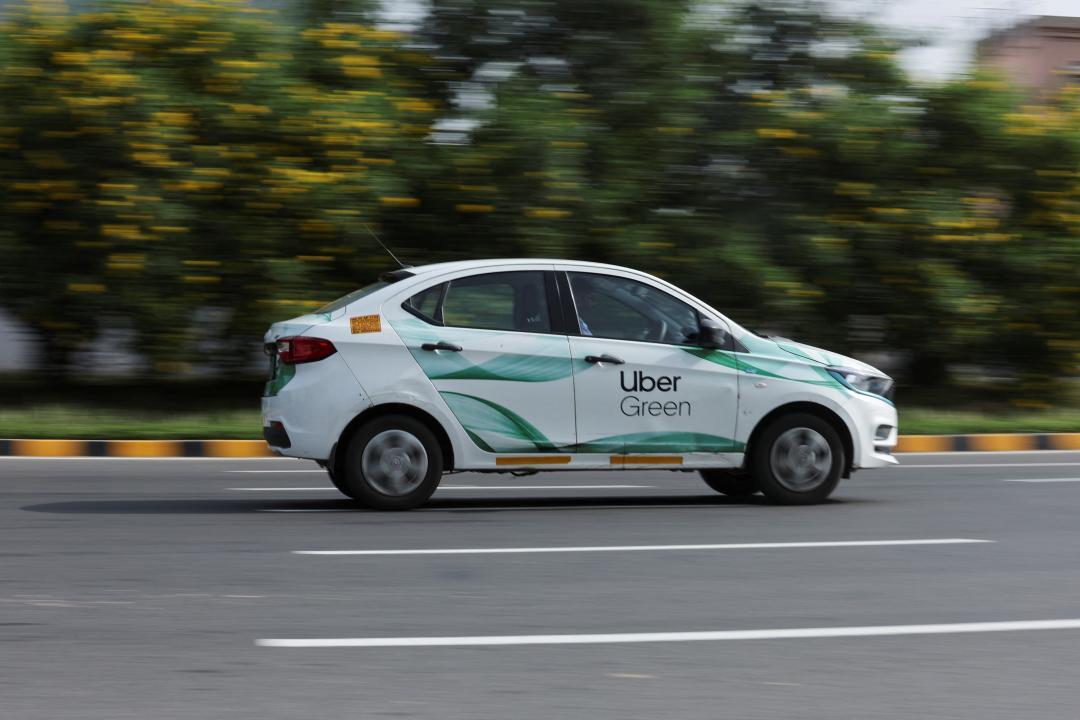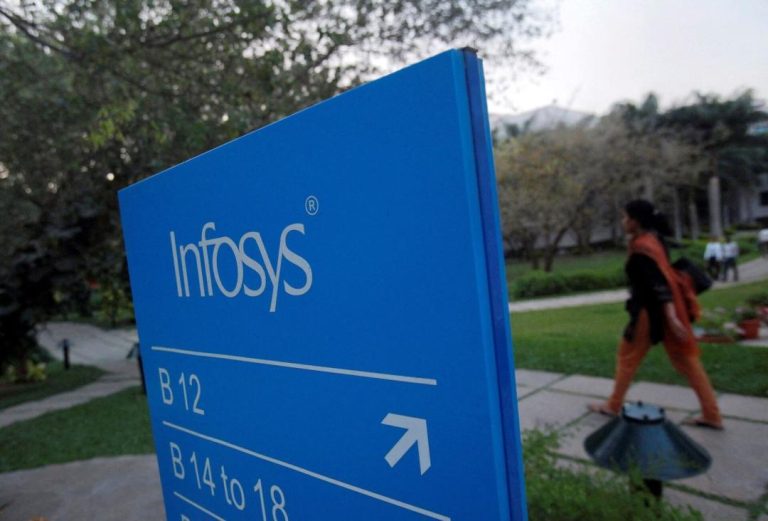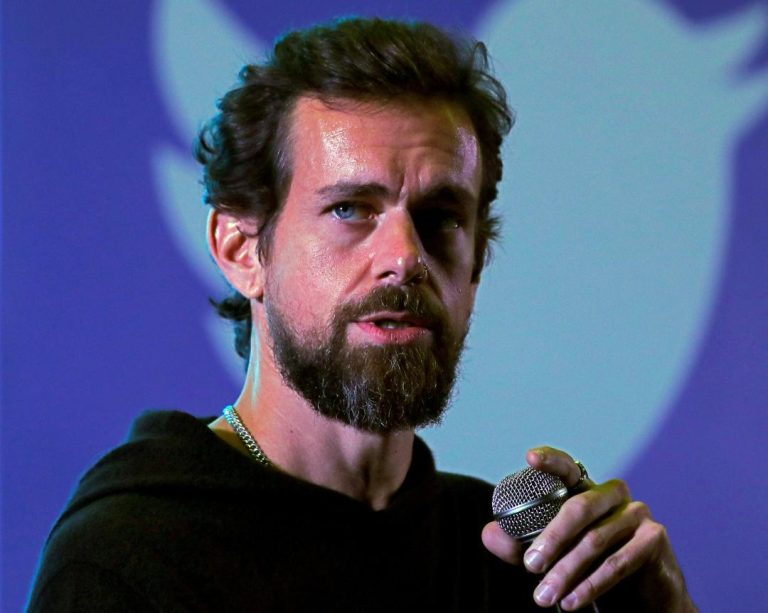
Title: Why are Ola, Uber & Rapido drivers on indefinite strike in Mumbai?
In recent times, the streets of Mumbai have been plagued by a major disruption in the ride-hailing industry. The drivers of popular aggregator services like Uber, Ola, and Rapido have gone on an indefinite strike, resulting in longer wait times and fewer cabs on the road. The drivers, who are the backbone of these services, are protesting against the low earnings they receive after deducting aggregator commissions and fuel expenses.
According to reports, the drivers are earning as little as ₹8-12 per kilometre, which they claim is unsustainable amid rising fuel and maintenance expenses. This has led to a wave of discontent among the drivers, who have decided to take a stand and demand better treatment from the aggregators.
The strike has had a significant impact on the daily lives of Mumbaikars, who are now forced to wait longer for cabs or opt for alternative modes of transportation. The situation has also highlighted the plight of the drivers, who are the ones who bear the brunt of the aggregator’s commissions and fuel expenses.
The drivers’ protest is not just about the low earnings, but also about the lack of support and recognition they receive from the aggregators. They have been demanding better wages, more flexible working hours, and improved working conditions. The strike is a culmination of their long-standing grievances, which have been ignored by the aggregators for far too long.
One of the main reasons for the strike is the commission structure of the aggregators. The drivers claim that the commission rates are exorbitant and eat into their already low earnings. According to the drivers, the aggregators take a commission of around 20-25% on each ride, which leaves them with very little to spare.
Another major issue is the fuel expenses. The drivers have to pay for their own fuel, which can be a significant expense, especially with the rising petrol prices. They claim that the aggregators do not provide them with any assistance or support to cover these expenses, leaving them to bear the brunt.
The drivers are also demanding more flexible working hours and improved working conditions. Many of them work long hours, often exceeding 12 hours a day, and are not provided with any social security benefits. They claim that they are treated like machines, without any recognition or respect for their hard work.
The strike has also highlighted the lack of regulation in the ride-hailing industry. The aggregators operate with minimal regulation, which has led to exploitation of the drivers. The drivers are calling for stricter regulations to ensure that they receive fair treatment and compensation.
The government has taken notice of the strike and has promised to look into the matter. The Transport Minister of Maharashtra has said that the government will hold talks with the aggregators and the drivers to find a solution to the problem. The Minister has also assured that the government will take steps to regulate the industry and ensure that the drivers receive fair treatment.
In conclusion, the strike by Ola, Uber, and Rapido drivers in Mumbai is a wake-up call for the aggregators and the government. The drivers are demanding better wages, more flexible working hours, and improved working conditions. The strike has brought to the forefront the plight of the drivers, who are the backbone of the ride-hailing industry. The government and the aggregators must take note of the demands of the drivers and work towards finding a solution to the problem.






